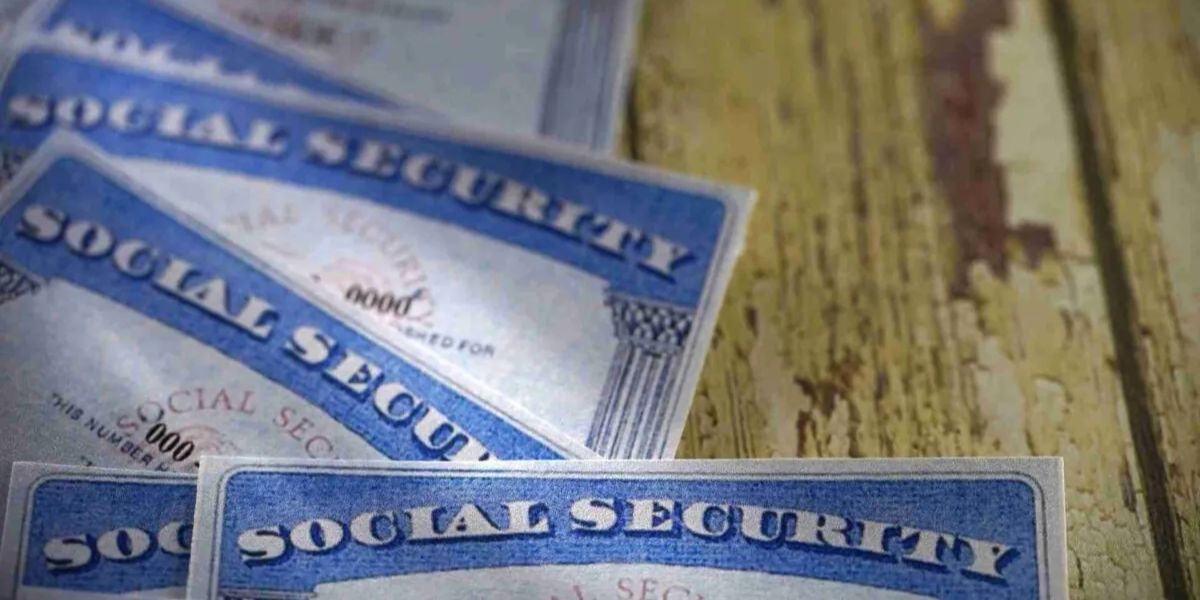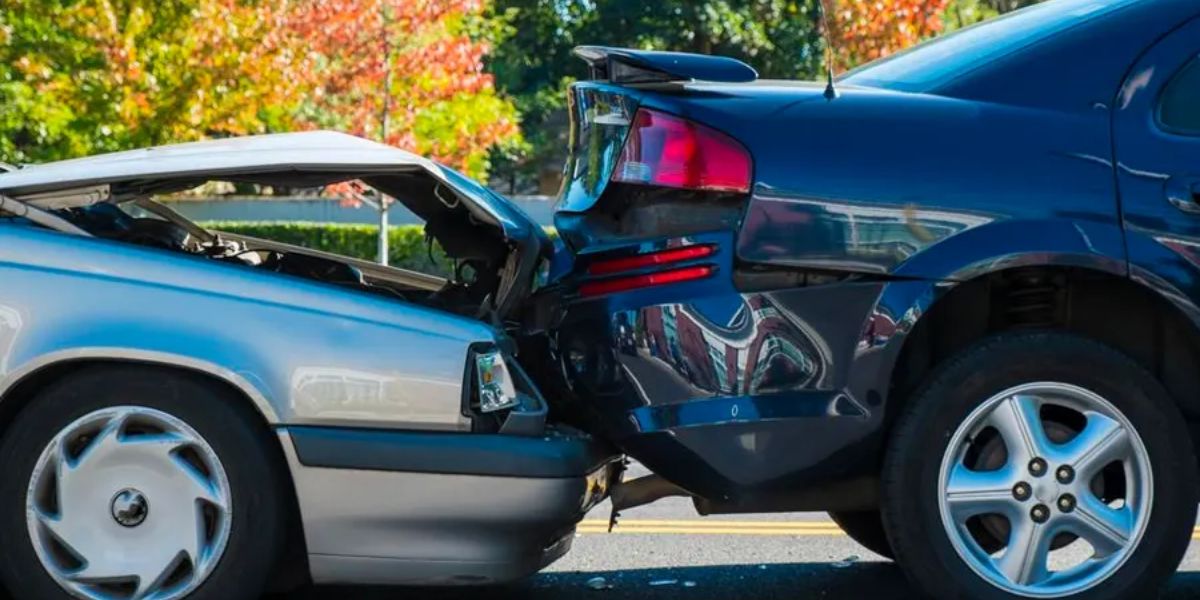This Is The Best SSI News At MJP
There will be adjustments to the Supplemental Security Income (SSI) program this fall that may raise benefits for a lot of people. On May 9, the Social Security Administration (SSA) unveiled a major revision to its definition of a “public assistance household,” which is likely to have a favorable effect on recipients.
Modifications to the program are in the works to increase payment amounts for certain beneficiaries and broaden eligibility. The new rules also aim to make it easier for people living in homes receiving public assistance to get and keep their benefits by easing reporting requirements.
A statement by Social Security Commissioner Martin O’Malley, who stated, “I’m committed to making systemic changes to help people access the critical benefits they need, including SSI,” highlighted the significance of these modifications.
Moreover, he emphasized that the SSA is actively attempting to eliminate substantial obstacles that SSI applicants face by consolidating policies and adding new programs such as the Supplemental Nutrition Assistance Program (SNAP).
The Consequence of these SSI modifications
Any recipients, present or future, could benefit greatly from these modifications. Assuming no one else in the home provides financial support, the SSA’s new regulation will apply to anyone living on public assistance.

The SSI payment or eligibility for benefits would have been reduced or eliminated in the past if household assistance had been considered income. The elimination of this factor opens the door for more individuals to potentially receive benefits, and current recipients may notice an increase to their monthly payments.
It is unclear, however, by what amount payments will increase. This will have different effects on different people, and the SSA has not yet released any hard numbers. Benefits will increase for some people and remain the same for others.
SEE MORE –
September SSI Benefit Update: Social Security to Implement New Rules on This Date
As the deadline for implementing the regulation draws near, the Social Security Administration is scheduled to release additional data that will shed light on the specific ways in which individuals’ situations may be impacted.
Not only is the SSA updating the way they determine income, but they are also updating what constitutes a public assistance household. If one person in a family is applying for or receiving Supplemental Security Income (SSI) and another person in the household is getting public income-maintenance payments (such as SNAP benefits), then the household is considered a public assistance household under the new rule.
The prior rule that a household could only qualify for public assistance if at least one member was receiving benefits makes this change all the more important. Households with several qualifying statuses will still be able to receive these benefits under this expanded definition, which may increase both the number of recipients and their total payouts.
How the SSA handles in-kind support and maintenance is another area that has changed significantly. The Social Security Administration (SSA) declared earlier this year that it will ignore food stamps and other forms of informal food assistance when determining in-kind support and maintenance.
If the benefits were to have been reduced under the old policy, this change could stop it. The Social Security Administration is also increasing the scope of its rental subsidy program across the country, which bodes poorly for recipients who currently get reduced rental rates or other rental assistance programs in the future.
The effective date of the final rule is September 30, 2024. Increases in payments may start as soon as October, though that is far from guaranteed at this point.
Beneficiaries will be able to see these adjustments reflected in their payments when the administration makes further announcements, which will provide additional clarity.
The program’s eligibility requirements are still the same as before. One must be blind, disabled, or 65 or older to participate.
Along with living in one of the fifty states, the District of Columbia, or the Northern Mariana Islands, they also need to have little money and few possessions, be citizens or nationals of the United States, or meet specific non-citizen requirements.
Children of active-duty military members stationed overseas and some students enrolled in short-term programs overseas may also qualify.




